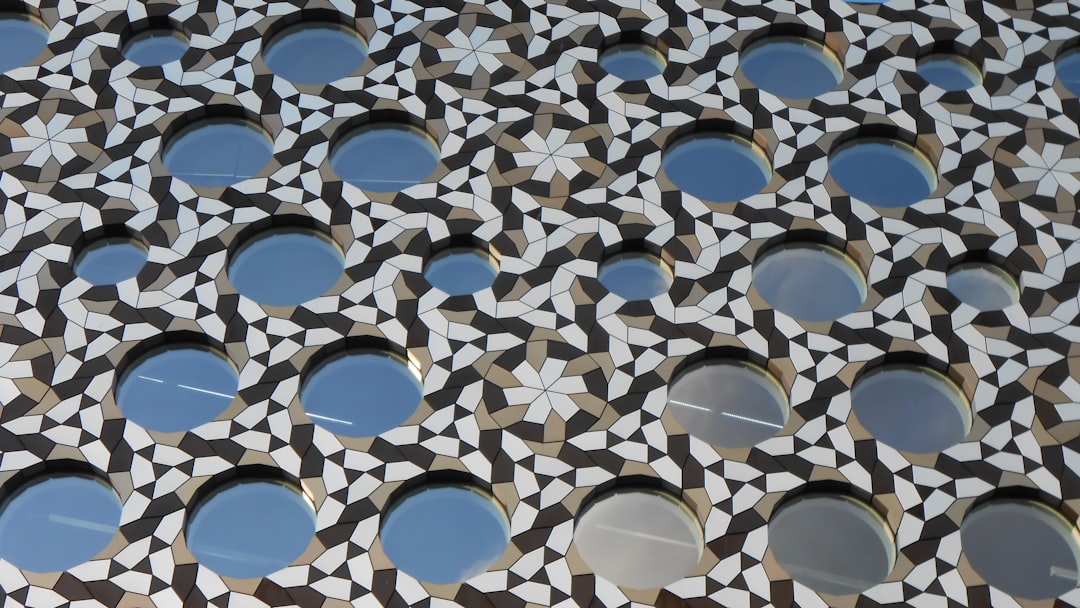
For construction professionals in San Jose, porcelain tile offers a durable and stylish solution for residential projects. Current installation costs range from $10 to $18 per sq ft, including materials, labor, and ancillaries. Understanding these costs and leveraging AI-driven tools can streamline your projects and enhance client satisfaction.
• Superior water resistance, ideal for high-humidity areas.
• High compressive strength, perfect for high-traffic zones.
• Extensive design options available locally for quick delivery.
• Low porosity helps maintain healthier indoor air quality.
Step 1: Voice Walkthrough
Capture project details through a hands-free call, converting them into structured data.
Step 2: Real-Time Material Sync
Access live pricing from local distributors for accurate estimates.
Step 3: Task Automation
Automate counts for materials and labor, aligned with regional codes.
Step 4: Instant Export
Generate branded quotes quickly, enhancing professional presentation.
• Materials: $3 to $8 per sq ft
• Labor: $5 to $12 per sq ft
• Ancillaries: $1 to $3 per sq ft
Total average: $10 to $18 per sq ft
Upload plans to detect tile zones and calculate waste factors efficiently, saving time and reducing errors.
• Acclimate tiles before installation.
• Use narrow grout joints for a seamless look.
• Employ leveling systems for large tiles.
• Opt for rapid-set thin-set for quick projects.
• Seal grout, not the tile surface.
A Berryessa kitchen renovation utilized AI tools for precise estimates, resulting in a project completed under budget and on time.
• Reduce admin time by 65% with automated estimates.
• Reflect local labor rates accurately.
• Make on-site adjustments easily.
• Deliver professional, branded quotes.
Enhance your construction projects with accurate porcelain tile estimates. Visit CountBricks.com for more information.

Proper substrate preparation is crucial for successful porcelain tile installations, especially in older Silicon Valley homes. CountBricks' AI tools ensure structural integrity and optimal results.
1. Joist Span Analysis – Identifies potential structural issues and suggests solutions.
2. Moisture Mapping – Recommends moisture barriers and testing where needed.
3. Surface Flatness – Ensures even surfaces for tile installation.
• Check radiant heat compatibility and expansion joint requirements.
• Use crack isolation membranes on newer slabs.
• Choose polymer-modified thin-set for better adhesion.
AI-driven adjustments led to a successful installation, avoiding common issues and earning high client satisfaction.
Experience the benefits of AI-driven substrate preparation. Visit CountBricks.com to learn more.